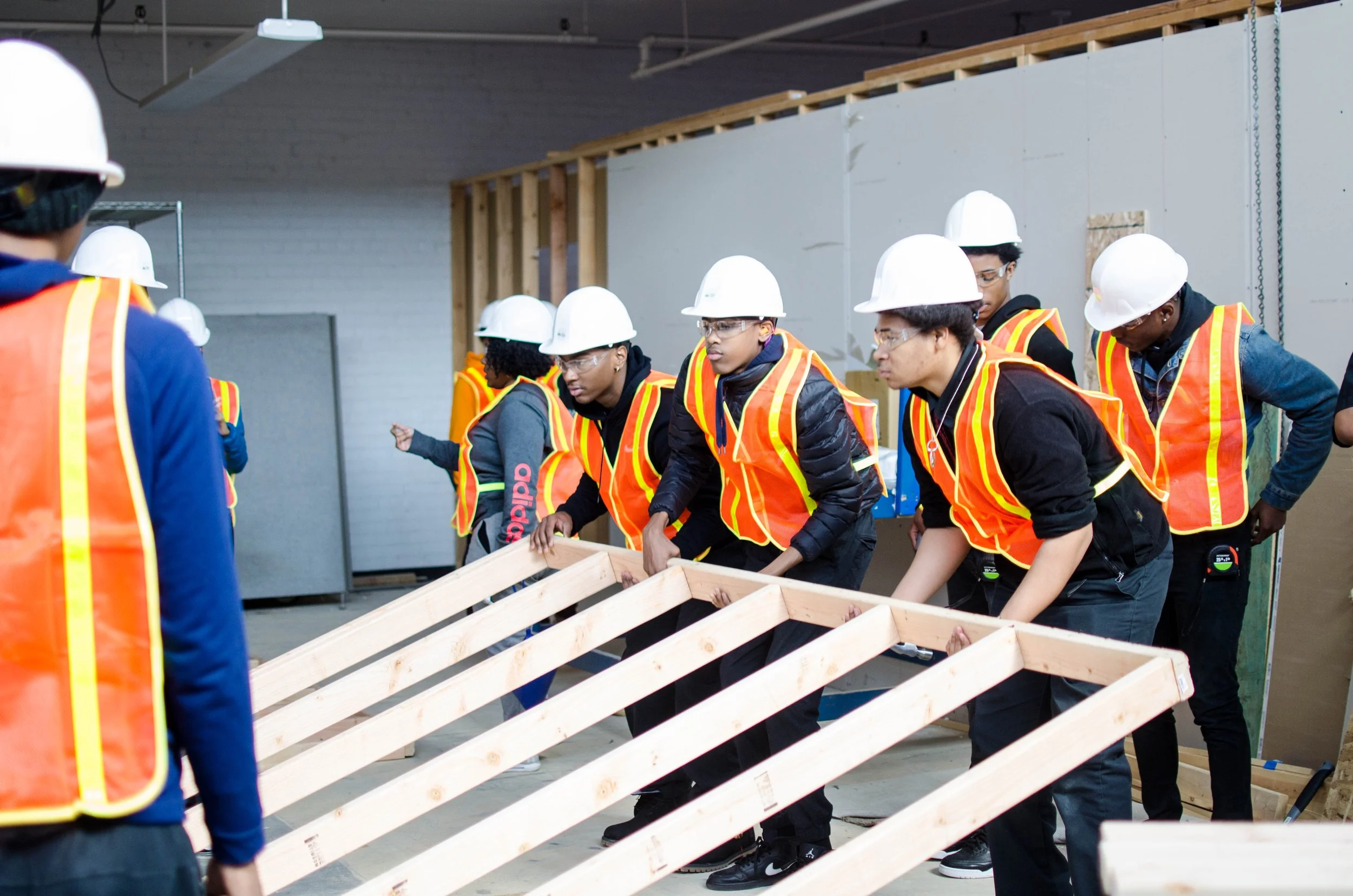Owning a home comes with numerous responsibilities, and one of the most valuable skills a homeowner can develop is carpentry. While it might seem like a niche skill or a throwback to an earlier era, carpentry offers significant benefits that can make a substantial difference in the upkeep, improvement, and overall enjoyment of your home. Here’s why learning carpentry is a worthwhile investment for any homeowner.
**1. Cost Savings on Repairs and Renovations**
One of the most compelling reasons to learn carpentry is the financial savings it brings. Home repairs and renovations can be expensive, especially when hiring professionals for every small job. According to data from HomeAdvisor, the average cost of hiring a carpenter ranges from $70 to $130 per hour (source: [HomeAdvisor](https://www.homeadvisor.com/cost/). By acquiring basic carpentry skills, homeowners can tackle minor repairs, build custom furniture, or even handle larger renovation projects themselves. This not only reduces labor costs but also gives you more control over the final outcome.
**2. Enhanced Home Maintenance**
Routine maintenance is key to preserving the value of your home. Carpentry skills enable you to address issues like squeaky floors, broken cabinets, or damaged trim without waiting for a professional. Websites like [Detroit Training](https://detroittraining.com/new-blog) highlight the importance of DIY home maintenance, emphasizing that practical skills can help homeowners keep their properties in top condition. By understanding the basics of carpentry, you can prevent minor issues from escalating into costly repairs, thereby extending the lifespan of various home components.
**3. Customization and Personalization**
A fundamental aspect of homeownership is making your space uniquely yours. Carpentry allows you to customize and personalize your home in ways that store-bought solutions often can't match. Whether you’re building a custom bookshelf, crafting a new coffee table, or installing built-in storage, carpentry gives you the freedom to create pieces that reflect your personal style and fit your specific needs. As detailed in [The Family Handyman](https://www.familyhandyman.com/project_category/carpentry/), such projects not only enhance your home’s aesthetic but also add practical value.
**4. Increased Property Value**
Homes with well-executed carpentry work often command higher prices on the real estate market. Quality craftsmanship, whether it's through a newly constructed deck, refined trim work, or intricate cabinetry, can make your property stand out to potential buyers. According to [HGTV](https://www.hgtv.com/design/remodel/interior-remodel/ways-to-increase-your-homes-value), investing in skilled carpentry can yield significant returns when selling your home. By learning carpentry, you can undertake projects that boost your home’s market appeal and overall value.
**5. Personal Satisfaction and Skill Development**
Beyond the practical advantages, learning carpentry provides a deep sense of personal satisfaction. Completing a project, whether large or small, gives you a tangible result of your efforts and skills. This can be incredibly fulfilling and a great confidence booster. Furthermore, acquiring a new skill like carpentry enhances your problem-solving abilities and encourages a proactive approach to home management. As noted by [This Old House](https://www.thisoldhouse.com/skills/21018497/essential-carpentry-skills), carpentry is not just about working with wood; it's about developing a versatile skill set that can be applied in various areas of home improvement and repair.
**6. Sustainability and Environmental Benefits**
Carpentry can also contribute to a more sustainable lifestyle. By creating or repairing items yourself, you reduce the need for new, mass-produced goods, which often have a larger environmental footprint. This aligns with eco-friendly practices and promotes a sustainable way of living. Resources like [Green Building Advisor](https://www.greenbuildingadvisor.com/) offer insights into how DIY carpentry can support environmental sustainability by minimizing waste and reducing your dependence on factory-made products.
In conclusion, learning carpentry as a homeowner provides substantial benefits that go beyond just saving money. It empowers you to maintain and enhance your home, allows for greater customization, can increase property value, and fosters personal satisfaction. For those interested in acquiring these skills, resources such as [Detroit Training](https://detroittraining.com/new-blog) offer valuable insights and guidance. Embracing carpentry not only enhances your home's functionality but also enriches your experience as a homeowner.



